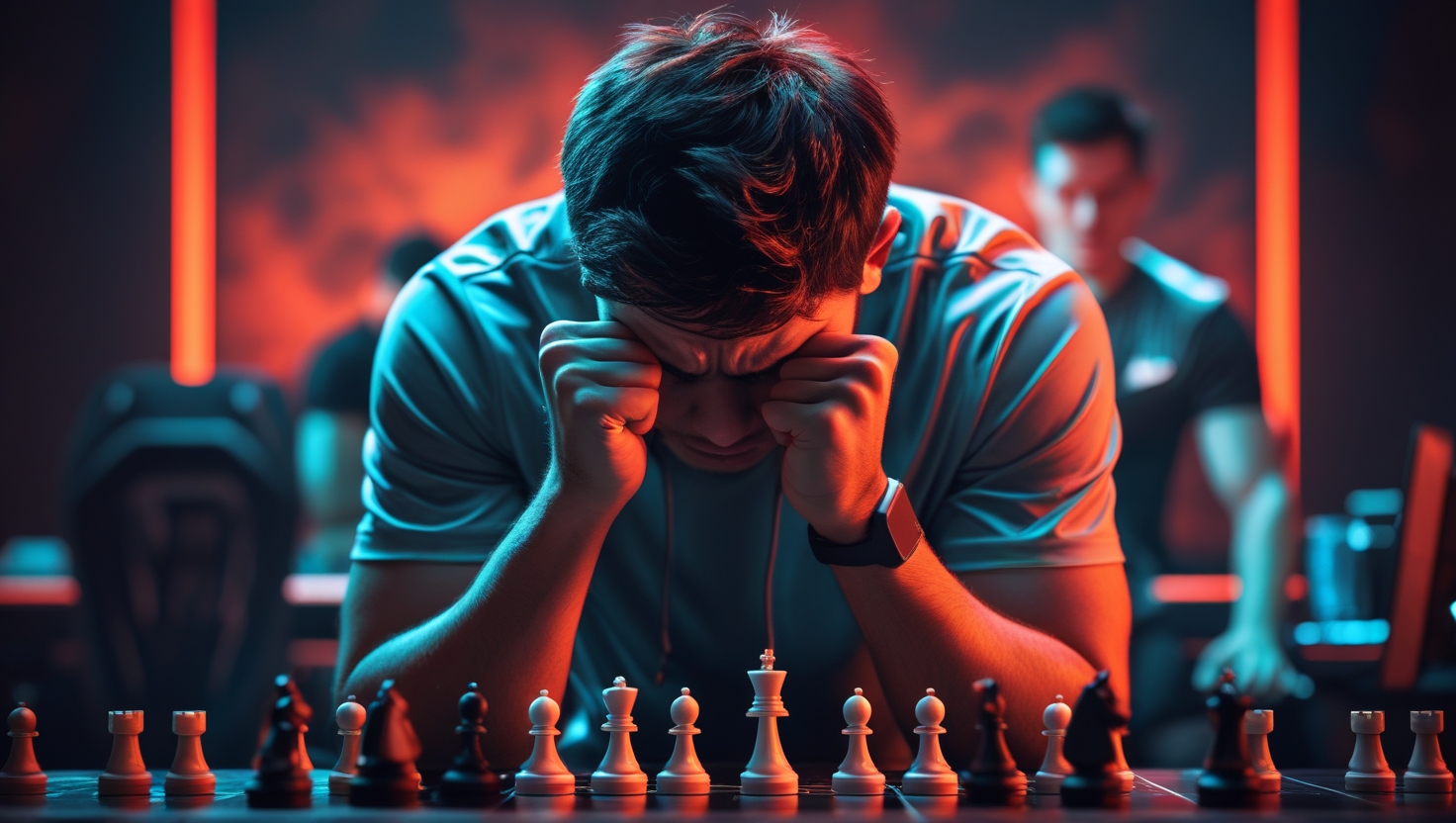Introduction
Losing is an inevitable part of life—whether it’s in sports, video games, business, or personal challenges. However, not everyone reacts the same way to failure. While some take losses in stride, others become visibly frustrated, even enraged. But why does losing trigger such strong emotions? The answer lies in psychology, biology, and personal experiences.
The Psychology of Losing
One of the primary reasons people get angry when they lose is ego protection. Losing can feel like a direct attack on one’s competence and self-worth. Psychologically, individuals associate success with validation, and failure can lead to feelings of inadequacy. This emotional discomfort often manifests as anger, a defense mechanism designed to restore self-esteem.
Another psychological factor is expectation vs. reality. When people expect to win—especially if they believe they have worked harder or are more skilled—losing feels unfair. This gap between expectation and reality creates cognitive dissonance, leading to frustration and anger as the mind struggles to reconcile the outcome.
The Biological Response to Losing
From a biological standpoint, anger in response to losing is linked to dopamine and cortisol levels. Dopamine, the brain’s reward chemical, is released when we succeed, making winning feel pleasurable. When we lose, dopamine levels drop, while cortisol (the stress hormone) spikes, triggering feelings of disappointment and frustration.
Additionally, the fight-or-flight response plays a role. Losing, especially in competitive environments, can be perceived as a threat to social status or dominance. In such situations, the brain activates primal survival instincts, causing an aggressive reaction.
The Role of Personal Experience and Mindset
Past experiences also shape how people react to losing. Individuals who were raised in environments where failure was punished or ridiculed may develop a deep-seated fear of losing. As a result, their emotional response to failure becomes heightened.
Similarly, those with a fixed mindset—who believe their abilities are static—are more likely to react negatively to losses. They see failure as a reflection of their personal worth rather than an opportunity to grow. In contrast, individuals with a growth mindset tend to view losses as learning experiences, reducing their emotional distress.

How to Handle Losing Without Anger
If losing triggers strong emotional reactions, it’s important to develop healthier coping mechanisms. Here are a few strategies:
- Reframe failure as feedback – Instead of seeing a loss as a personal failure, view it as a learning opportunity.
- Practice self-awareness – Recognize emotional triggers and take a moment to process feelings before reacting.
- Adopt a long-term perspective – One loss doesn’t define overall ability or success.
- Engage in relaxation techniques – Deep breathing, mindfulness, and physical activity can help manage frustration.
Conclusion
Anger after losing is a natural reaction, but understanding its psychological and biological roots can help in managing it better. By shifting perspectives, adopting a growth mindset, and implementing emotional regulation techniques, individuals can turn losses into valuable learning experiences rather than sources of frustration. Ultimately, how we handle defeat shapes our ability to grow and succeed in the long run.



